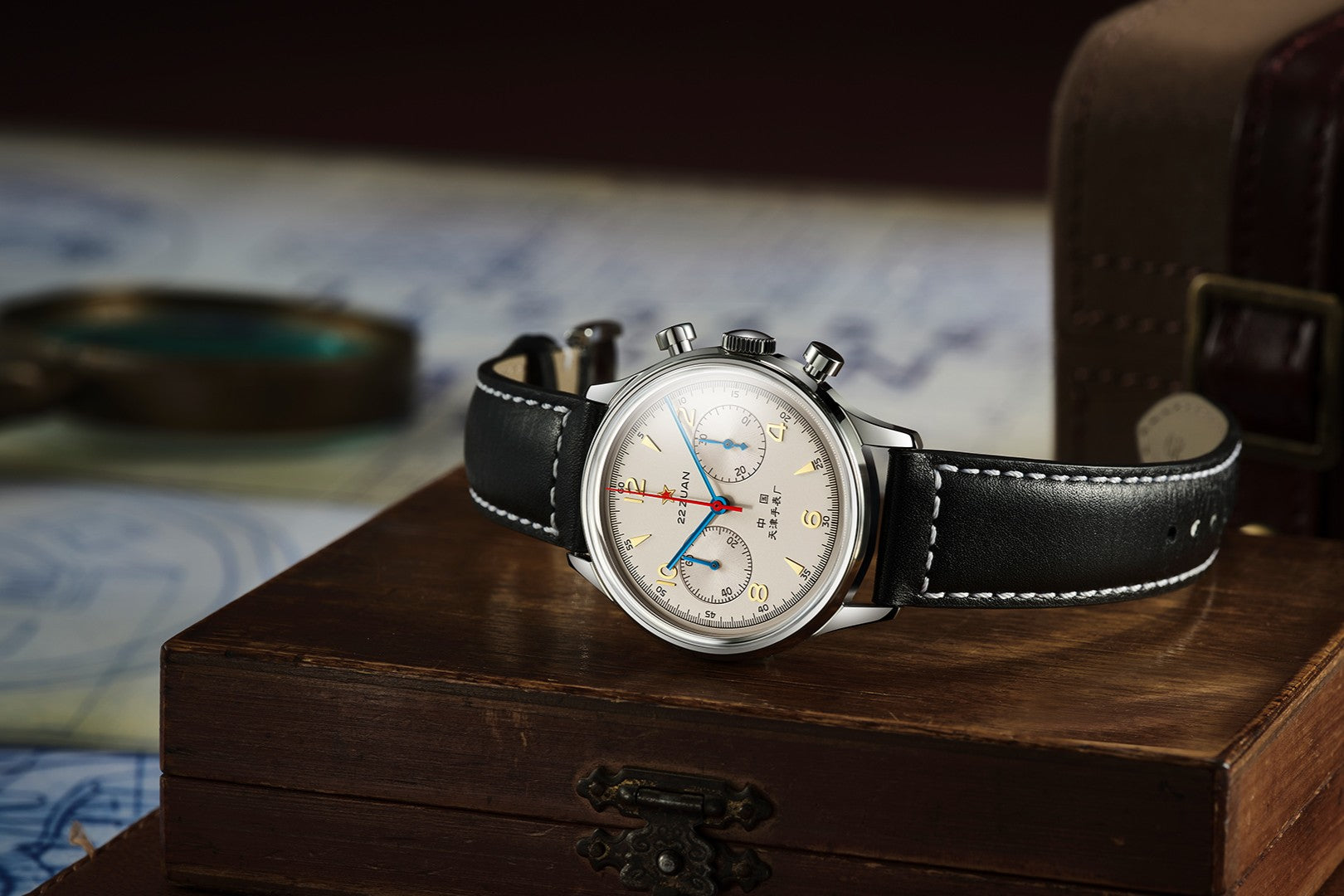
Is Your Sea-Gull 1963 Real?
The Seagull 1963 has become one of the most admired mechanical chronographs among watch enthusiasts. Its vintage military heritage and accessible craftsmanship attract collectors worldwide. Yet, as its fame grows, so does the number of counterfeits. Understanding how to identify a 1963 authenticity is crucial for anyone who values genuine horology.

1. Examine the Movement
The movement is the heart of every mechanical watch—and the most reliable proof of authenticity.
A genuine Seagull 1963 houses the ST19 hand-wound column wheel chronograph movement, a modern descendant of the Venus 175. You should see:
- Blue-polished screws and visible column wheel structure
- Smooth hand-winding resistance and precise chronograph reset
- “SEAGULL” engraving cleanly etched on the top plate
- 19 or 21 jewels, depending on the model
Fake models may mimic the look but lack refinement—their screws appear dull, the finish uneven, and the pusher action feels mushy. When you operate the chronograph, a real ST19 should feel crisp and deliberate.
2. Decode the Case Profile
The case reveals much about the build quality. Authentic 1963 models feature a 38mm stainless-steel case with well-balanced proportions and polished beveled lugs. Look for:
- Signed crown with the Sea-Gull emblem
- Drilled lugs for strap replacement
- Tight alignment between bezel and acrylic crystal
- Cleanly engraved caseback, often showing model and serial details
Counterfeits often feel lighter and lack the fine polishing that defines the Seagull Watch standard. A quick test: run your fingertip along the lug edges—genuine cases are sharp yet smooth, while replicas often feel roughly finished.

3. A Critical Look at the Sub-dials
The dial gives the 1963 its iconic look, and every authentic detail counts. Genuine models show:
- A red star emblem beneath 12 o’clock, sharply printed
- The “Tianjin Watch Factory” logo below it
- Applied markers with precise beveling and symmetry
- Bi-compax subdial layout, perfectly centered
- Clean, evenly spaced minute tracks around the outer edge
Some fake dials have misaligned subdials, overly bright stars, or off-white tones. In an authentic Seagull 1963, the panda-style contrast is subtle yet balanced—never overly glossy or dull.
4. Test the Chronograph Operation
The chronograph is not only a design feature but also a test of craftsmanship. When pressing the pushers, the engagement should feel solid, not springy.
Key indicators of a genuine mechanism:
- Smooth start-stop action with immediate response
- Precise reset to zero, no lag or jump
- Continuous second-hand sweep without jitter
- Stable timekeeping while the chronograph runs
Any irregular movement, stiffness, or misalignment signals a lower-grade clone movement. The ST19 remains one of Sea-Gull’s most celebrated calibers—its operation should reflect that legacy.
5. Purchase from an Authorized Dealer
Even the most careful eye can be deceived by a well-made imitation. To guarantee authenticity, always purchase from authorized retailers or directly from the official Sea-Gull Watch website.
Official channels ensure:
- Factory warranty and service support
- Genuine ST19 movement
- Accurate historical reissue models
Avoid marketplaces with unclear origins or heavily discounted listings. A deal that feels “too good to be true” often is.
The Seagull 1963 is more than just a chronograph—it represents a legacy of Chinese watchmaking excellence. Understanding the details of its 1963 authenticity helps preserve that heritage and ensures you own a piece of genuine craftsmanship.
For guaranteed authenticity and the latest official models, visit the official website:



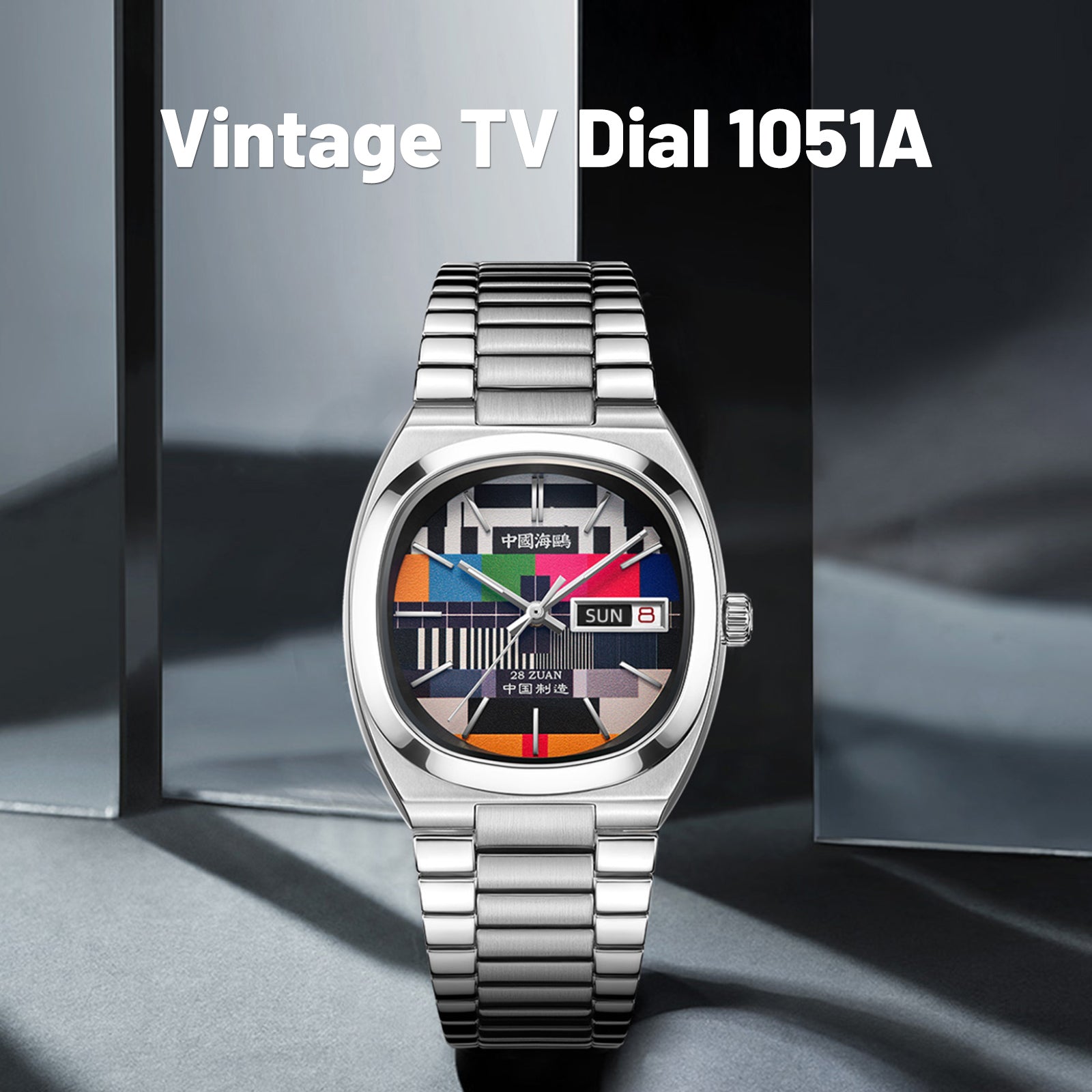
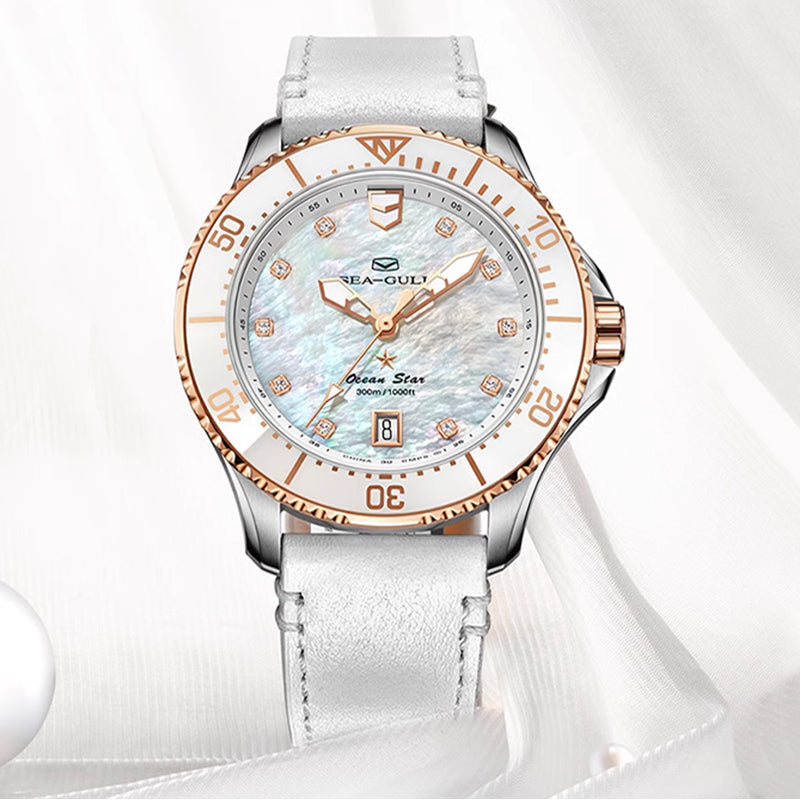
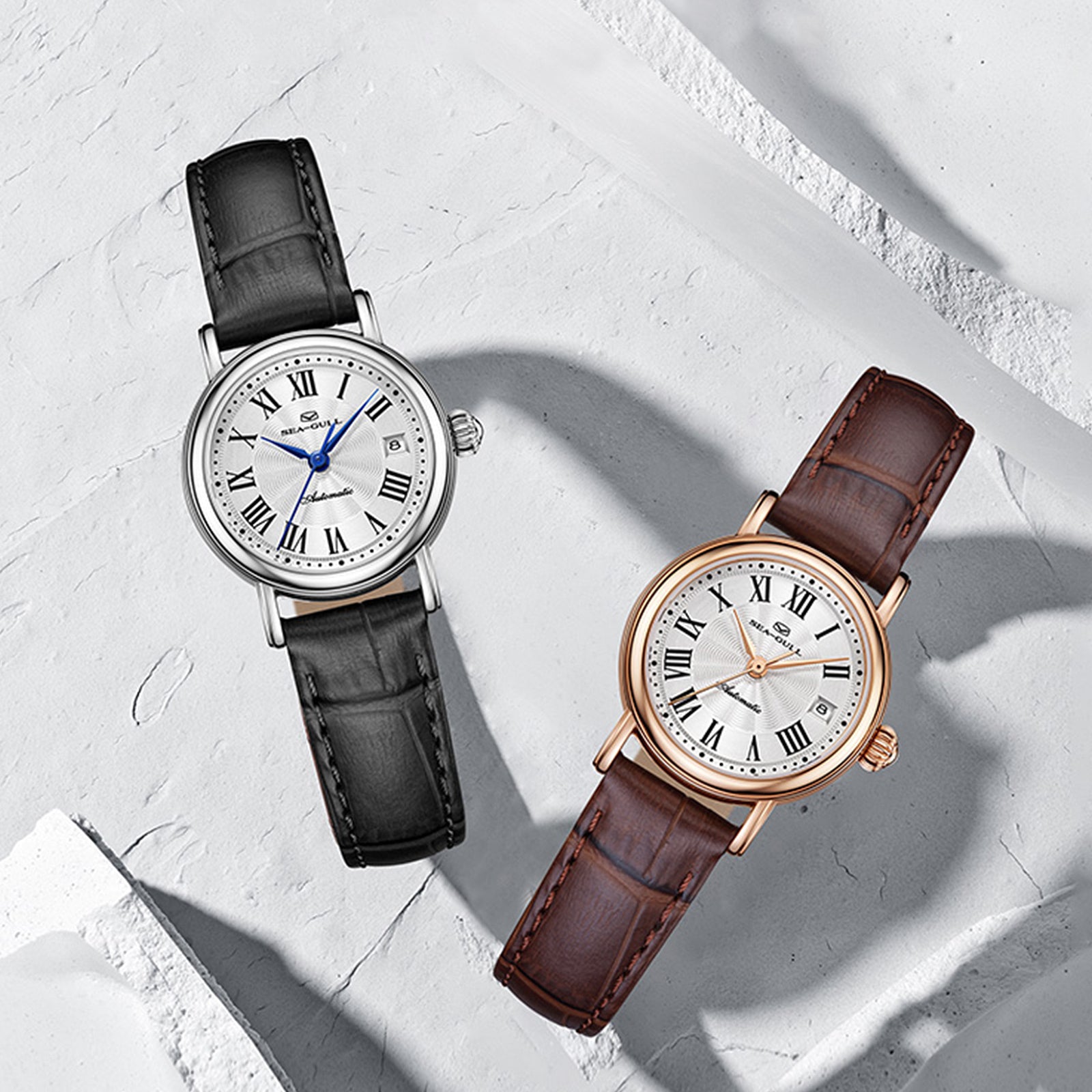
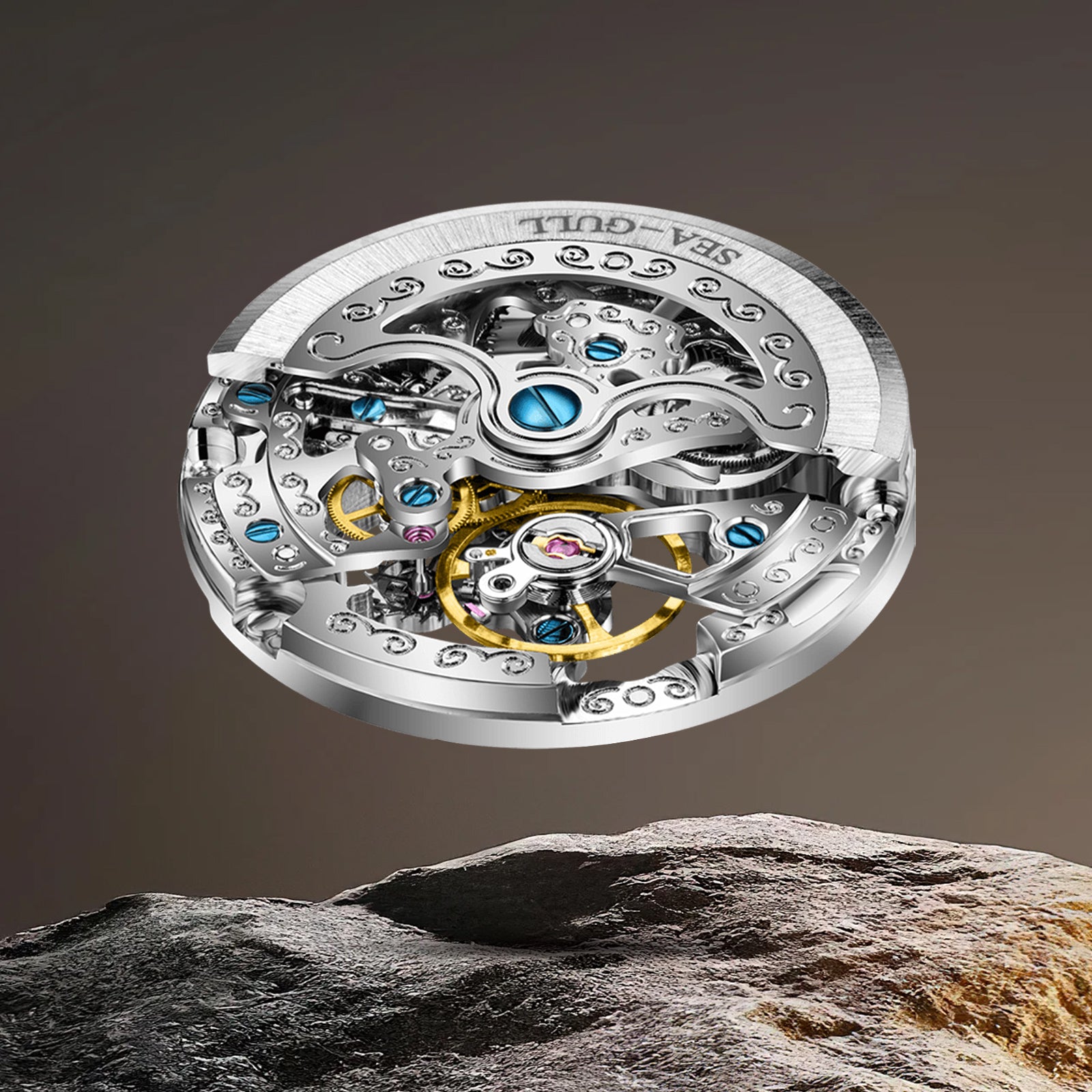
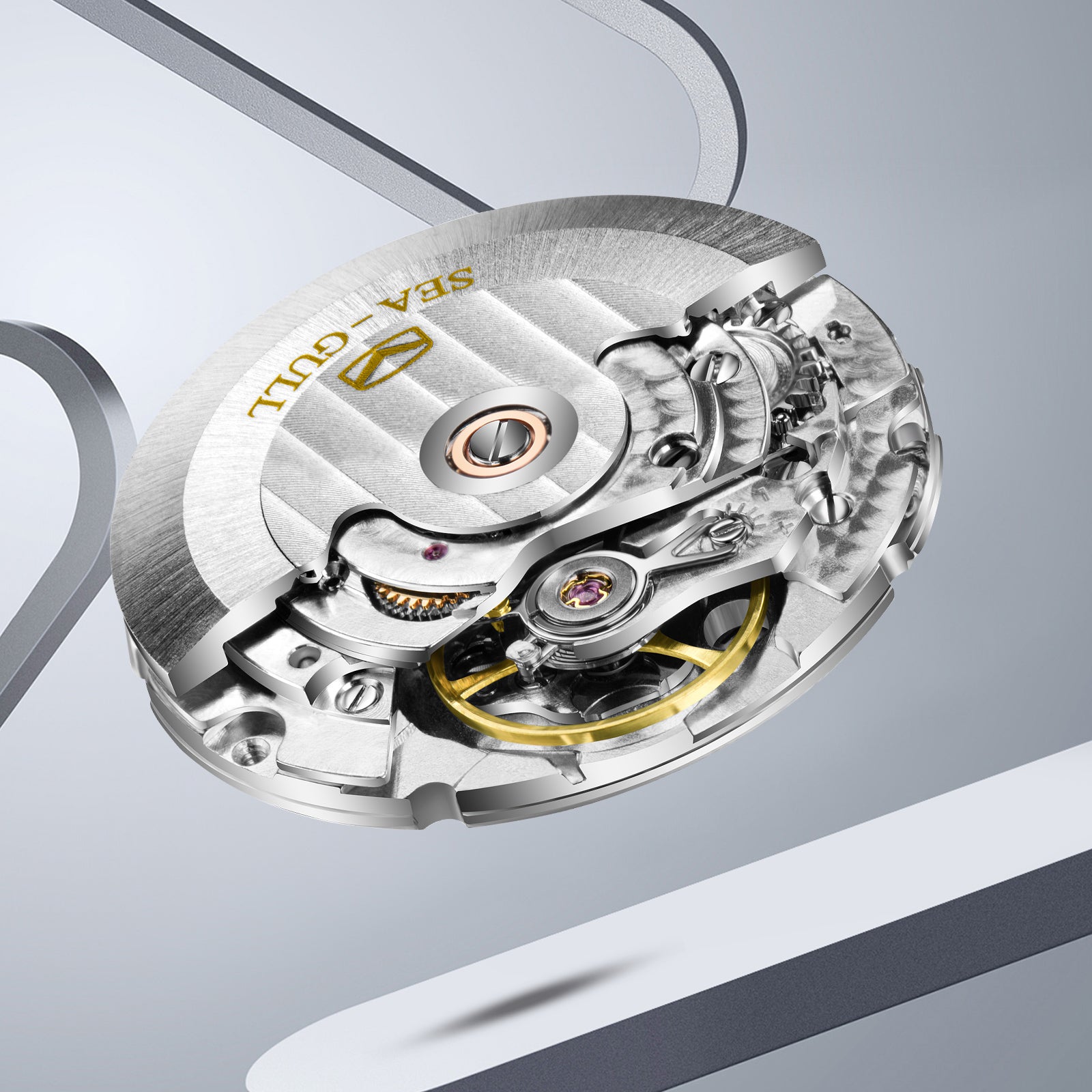

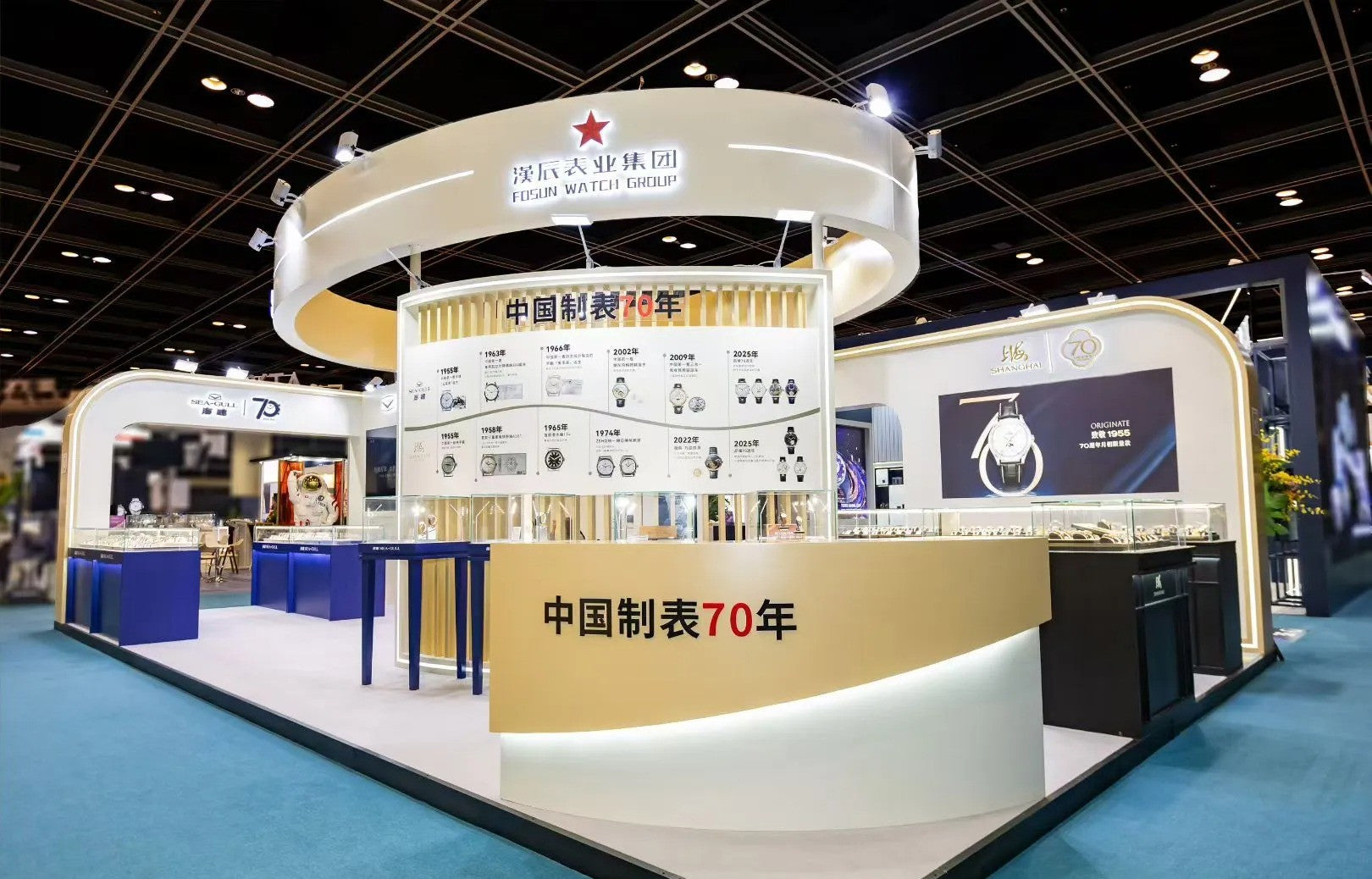
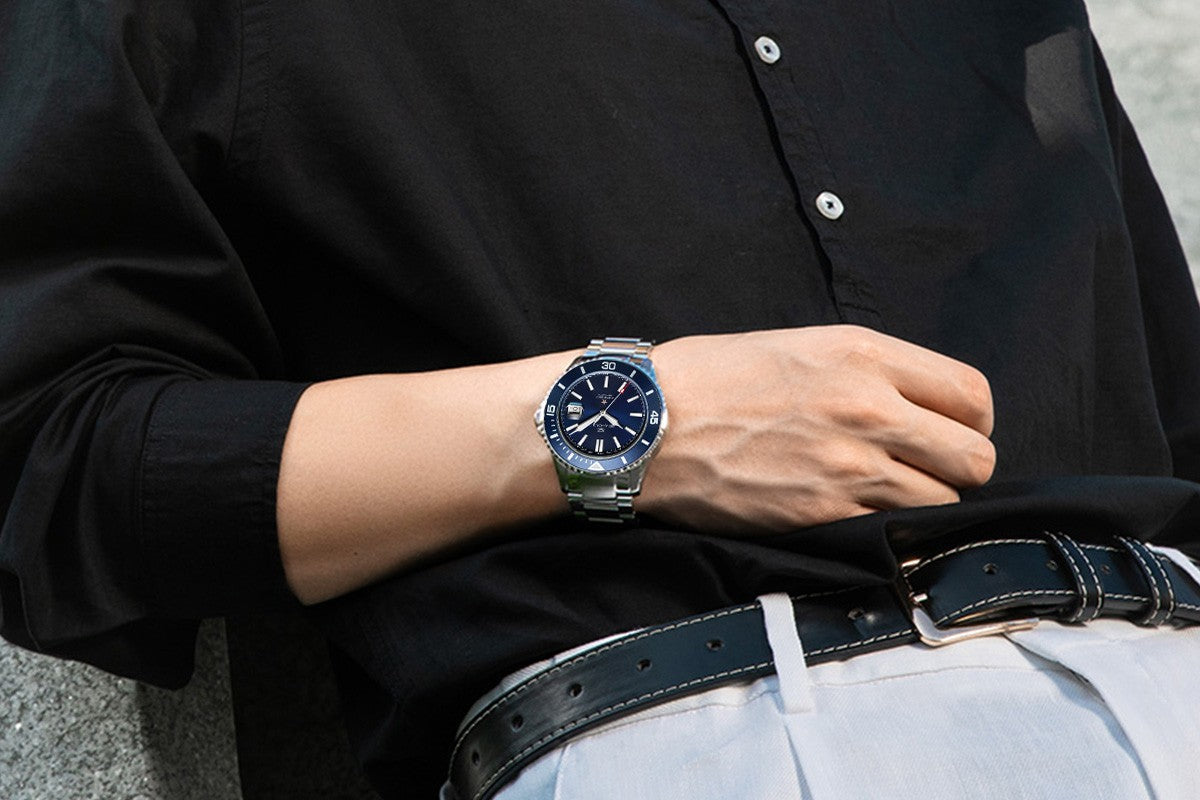
اترك تعليقًا
This site is protected by hCaptcha and the hCaptcha Privacy Policy and Terms of Service apply.